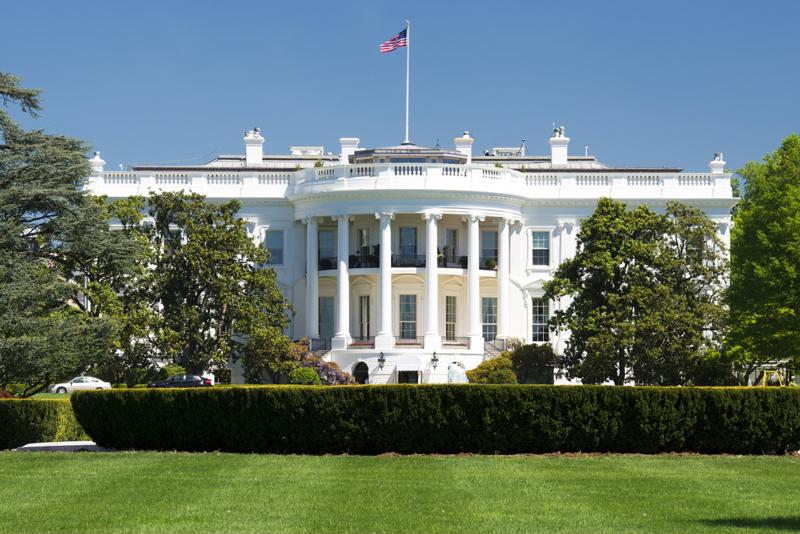As with many of his recent predecessors, the early days of President Joe Biden's administration has been marked by a host of executive orders to wrangle the power of his office for policy goals. One of those EOs is focused on forcing federal agencies to "buy American" whenever possible, meaning that companies that accept federal contractors will be required to be fully based within the U.S.
As one might imagine, there are many elements of federal rules and regulations that change with this new directive, including that the Director of the Office of Management and Budget create an internal "Made in America Office," Biden's order said. While companies could potentially get waivers for meeting these requirements, the OMB and MIAO would have to review them and then make a recommendation to the Administrator of General Services as to whether those waivers would be granted.
It's clear, however, that no matter what waivers are ultimately approved or denied, there could be a significant shift in the supply chain as a whole, and the impact on many businesses will be sizable.

What's the industry sentiment?
Obviously this all comes while the U.S. is still in the midst of the novel coronavirus pandemic, which has already led to massive adjustments (and readjustments) for the national and global supply chains. The limitations of a truly global supply chain have been laid bare and many within the industry believe the odds that businesses revert back to pre-pandemic levels simply out of convenience seem relatively low, according to NBC News. For many companies, the new rules around the Buy American EO are actually just a new benefit to them in addition to having already reshored a large percentage of their operations, but some entanglements may remain.
"Every component needs to be U.S.-sourced," Marisa Fumei-Smith, president of the textile manufacturer Two One Two New York, told the network. "Your fabric, your threads, any trimmings, down to the poly bags. Any stickers, labels, cartons, pallets. Every single component."
Nonetheless, "cautious optimism" is likely the key phrase for the industry as a whole, the report said. It may take some getting used to, but the ball was certainly already rolling in the right direction before the executive action.
What's at stake?
The collective size of federal contracts could be a boon to the U.S. economy, as the nation spends some $600 billion annually on those agreements and limiting them to companies that are 100% American-sourced can go a long way for businesses of all sizes, according to CNBC. Officials are quick to warn, however, that a big part of the effort isn't just to inject more money into American businesses, create jobs, drive innovation and all the other usual talking points. It's also to build up a more resilient domestic supply chain with a greater capacity overall.
With that in mind, companies based in the U.S. may want to have a careful look at their operations and see what they need to do to qualify for government contracts under the new executive order, or otherwise make themselves a better supply chain partner.



Post A Comment:
0 comments so far,add yours